N-acetyl cysteine, commonly known as NAC, is a powerful antioxidant supplement renowned for its various health and wellness benefits. It is a derivative of the amino acid L-cysteine and serves as a precursor to glutathione, one of the body's most vital antioxidants. By boosting glutathione levels, NAC plays an important role in fighting oxidative stress and supporting overall cellular health.
The collection of NAC products available offers a comprehensive range of options tailored to meet diverse health needs and preferences. These include capsules, tablets, powders, and effervescent forms. Each product in the collection is formulated to maintain high potency and purity standards ensuring maximum efficacy.
Regular supplementation with NAC can significantly benefit respiratory function by reducing mucus viscosity which helps clear airways. This can be particularly advantageous for individuals suffering from chronic obstructive pulmonary disease or other respiratory conditions. Additionally, NAC's powerful antioxidant properties support liver detoxification processes making it beneficial for those looking to enhance liver health and combat toxins effectively.
NAC also plays a crucial role in mental wellness by influencing neurotransmitter regulation aiding in mood stabilization and cognitive function. Its neuroprotective properties may provide support against degenerative neurological conditions thereby promoting long-term brain health.
Furthermore incorporating NAC into your daily regimen can assist in managing inflammation improving immune response and enhancing overall physical performance especially for those undergoing rigorous training routines or needing quicker recovery periods.
Explore this versatile collection to find the best NAC product that fits seamlessly into your lifestyle offering targeted benefits for enhanced well-being vitality and longevity



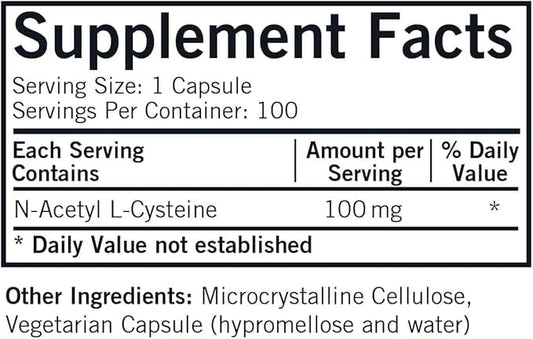


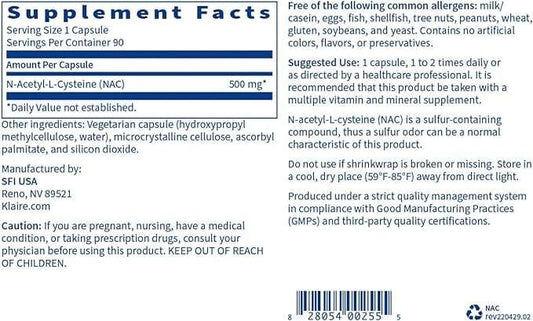
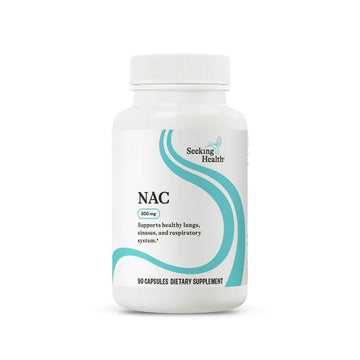






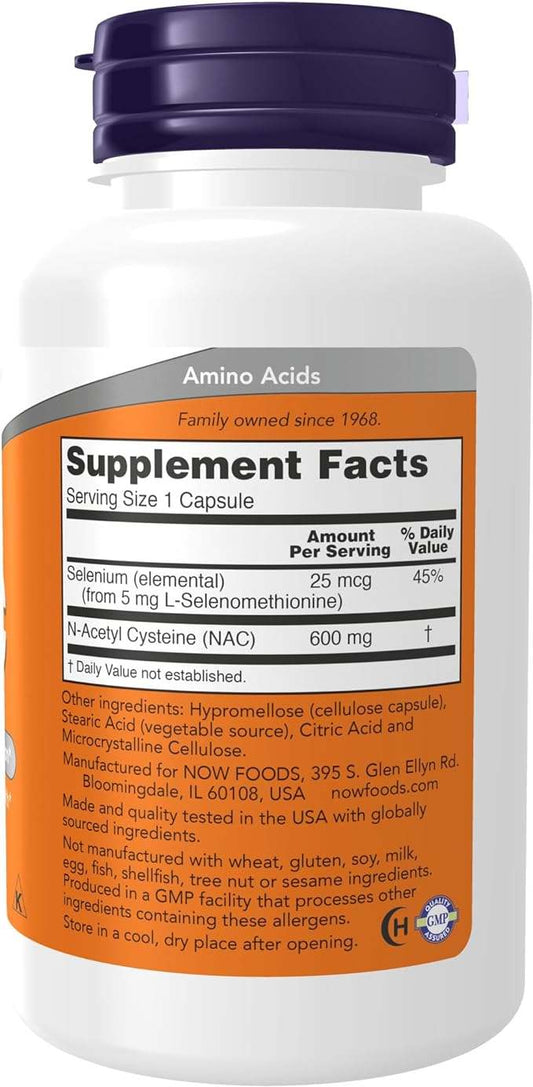
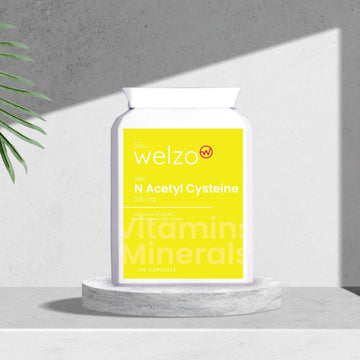
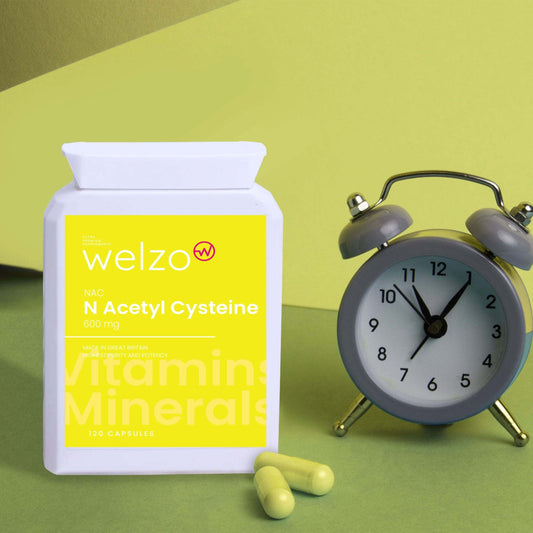

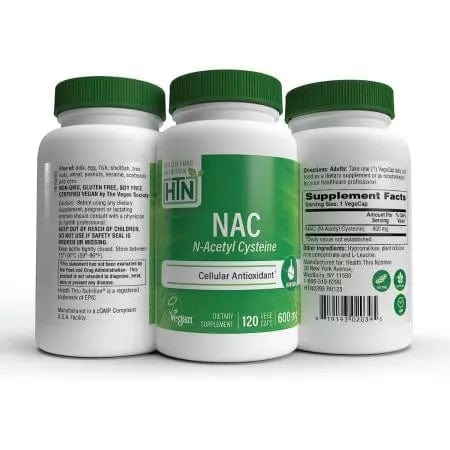





 Rated Excellent by 26,523+ Reviews
Rated Excellent by 26,523+ Reviews